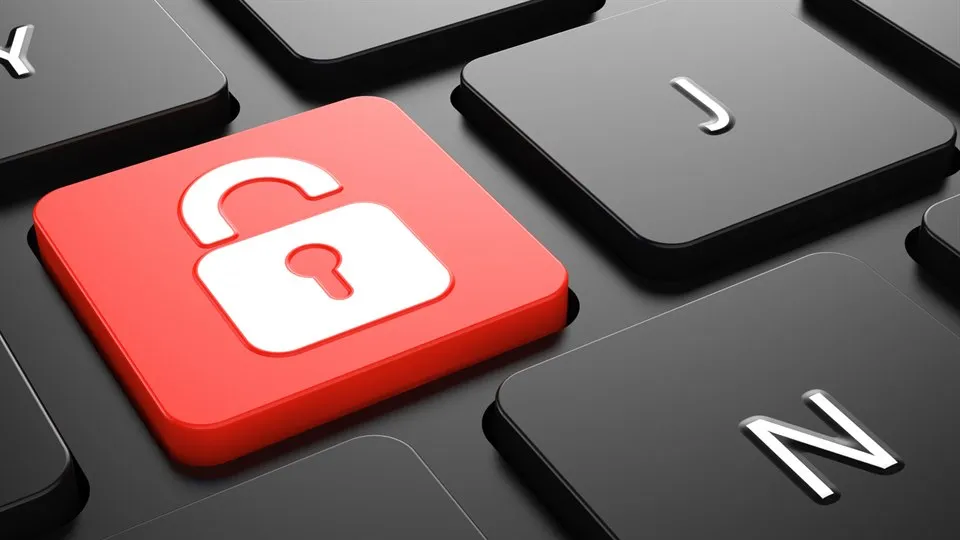Several cases of phishing ‑ be extra careful during Christmas shopping and sales
During Christmas and in connection with sales, we see a marked increase in phishing attacks. Scammers take advantage of the increased online activity and people's stress to lure in sensitive information. How can you recognize a suspicious message?
Some tips for identifying phishing:
- Scammers are becoming more adept at creating credible messages. Therefore, check the sender address carefully. Hover over the address and double-check the spelling and domain. For example, an address that faktura@blockett.se may seem real at a glance, but it is different from faktura@blocket.se.
- Are the links correct? Always check links in the email by hovering over them without clicking. The address will appear in plain text, and you can then determine whether it leads to a legitimate website or appears suspicious.
What happens if you click on a phishing link?
Phishing attacks aim to steal sensitive information such as usernames, passwords, account credentials, or credit card information. If you give out your information or click on a fake link, the fraudsters can use this information to steal money, access business systems, or other sensitive data.
Why is it important to be aware?
The best protection against phishing is your own vigilance. By recognizing suspicious messages, you can actively avoid being scammed. Always delete suspicious emails and don't click on any links.
If you accidentally click on a link or provide information, contact IT support immediately. Do not take any further action with your computer until you have received instructions.
How does Mid Sweden University protect against phishing?
We use several security systems, such as firewalls and antivirus, which to some extent filter out phishing attempts. In addition, we offer training and disseminate information to raise awareness among employees.
Why is phishing on the rise during Christmas and sales?
During this period, scammers take advantage of the high pressure of online purchases and send fake emails that appear to be from legitimate companies, such as shipping companies, retail chains, or payment services. Their goal is to take advantage of stressed users who quickly click on links without checking authenticity.
A growing threat
War and uncertainty in the world have also contributed to an increase in phishing attacks. These are not only aimed at private individuals but also at organizations. We see a clear trend where the threat level is higher during global crises and holidays.
By being vigilant, thorough, and following our security procedures, we can together counteract this type of attack.
Information security at Mid Sweden University
Information Security Training, Section 7. "Review the sender"
